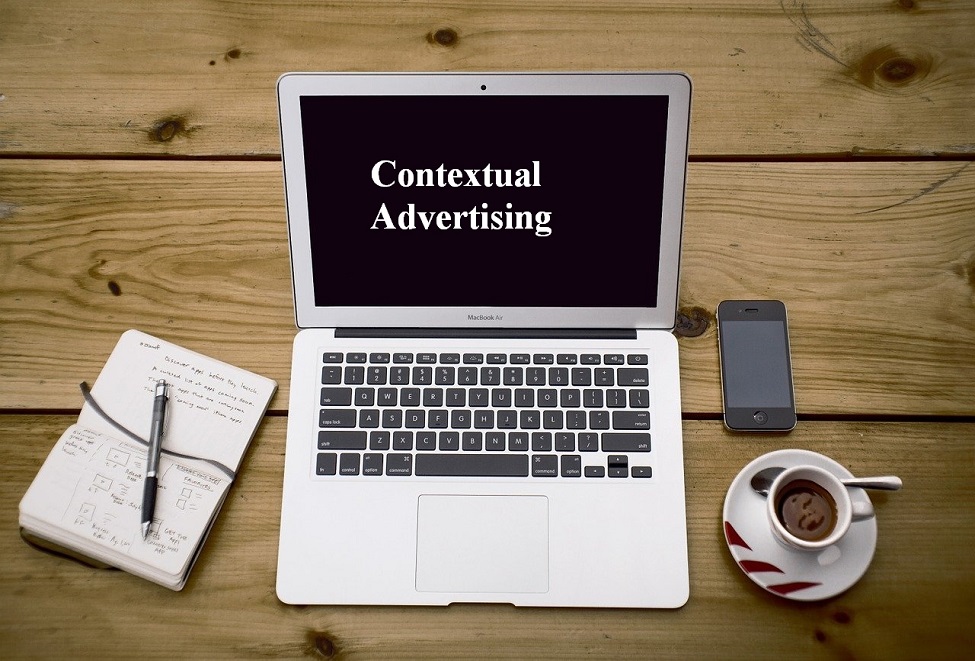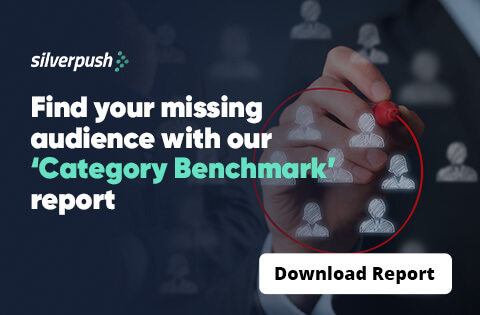Why Google not Tracking Users can Finally Give Rise to Adoption of More Effective Alternatives? | 22 Mar, 2021

Almost a year after Google announced its plans to phase out third-party cookies in its Chrome browser, the search giant has recently announced it isn’t looking to build any alternatives to cookies that can track individual users browsing across the web – in any form.
Here is why this might be much better news for marketers than expected.
Why a Cookieless Digital World is Inevitable?
Cookies rely on immediate short-term performance, leveraging ever-decreasing pools of audiences. Google, the last major search browser to acknowledge this post Mozilla and Safari, has explicitly stated that any alternative tracking solutions will fall short on consumer expectations for privacy, and will most likely not stand up to rapidly evolving regulatory restrictions, and therefore aren’t sustainable.
How Marketers Benefit from Phasing Out of Third Party Cookies?
Lack of cookies doesn’t mean no targeting – marketers will now have to return to people-based marketing, recognizing their audience as people and not cookie pools. Marketers will be able to leverage quality, first-party data rather than paying for suspect third-party data of questionable origin and effectiveness. And context-based media buying will emerge to fill this gap, seeking out environments where the target audiences congregate.
Context Relevance will have a Much Bigger Share in the Pie
Contextual advertising allows advertisers to place ads based on-page contextual triggers, rather than affinities and past browsing behaviour – making it no longer necessary to track individual consumers across the web.
This method displays only those ads that are relevant to the content, and hence, increases engagement by capitalizing on the user’s current state of mind. For example, if a brand wants to sell its kitchen mixer, then it can place ads across articles that are explicitly talking about kitchen appliances, recipes, food items that involves use of mixers and more.
In the post-cookie world, contextual ad targeting will be the most viable advertising strategy. Not only does it significantly increase user engagement, but also bypasses use of personal data and user privacy breach.
AI and Computer Vision is Powering the Next Gen Contextual Targeting
Traditionally contextual advertising has been built around natural language processing (NLP), placing ads by identifying text-based contexts. However, emerging AI and computer vision now enable in-image and in-video contexts which adds multiple contextual layers that further support NLP based targeting with much more nuanced insight. For example, in a streaming video, the tech can recognize a scene (i.e., someone holding a pair of Nike shoes, or a brand logo) and a relevant ad can appear alongside it.

Contextual ad targeting completely transcends use of cookies and or any personal data and is future ready, even on platforms like Facebook and YouTube— as these platforms are most likely to move to privacy enabled advertising models in the future.

BLOGS
Migrate from Oracle to Silverpush: Unlock Advanced Contextual Advertising Solutions
The news that Oracle plans to shut down its advertising business by the end of September has sent shockwaves through the ad industry. Once the most prominent advertising data seller in the market, Oracle is now closing its advertising division. This included Datalogix for offline consumer data, Grapeshot for contextual ...

BLOGS
Cannes 2024 Recap: Silverpush Takes AI Discussions to the French Riviera
As Cannes 2024 concludes, the echoes of vibrant discussions, insightful panels, and significant meetings continue to resonate. This year’s central theme was clear: AI's growing dominance in advertising solutions, optimizing campaigns for business outcomes, and reaching audiences effectively across various screens. With videos becoming increasingly digital, the potential for more addressable ...

BLOGS
UK Programmatic Advertising Spending & Trends in 2024
In 2023, programmatic advertising spending in the UK reached roughly £30.6 billion. The programmatic display advertising market is projected to grow by 12.6% in 2024, bringing it to within just four percentage points of becoming fully programmatic. This highlights how integral this technology has become to the UK ad industry. ...







